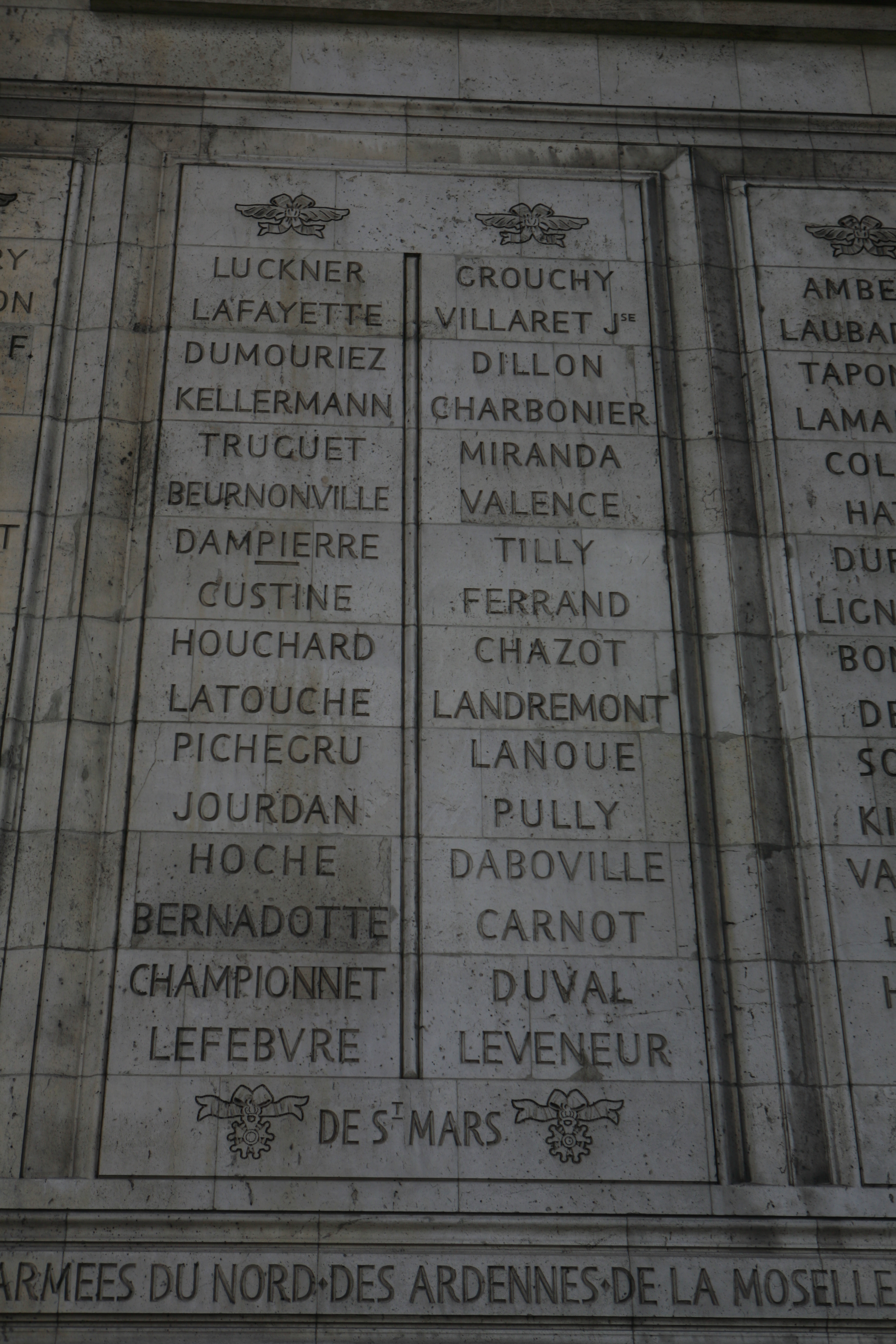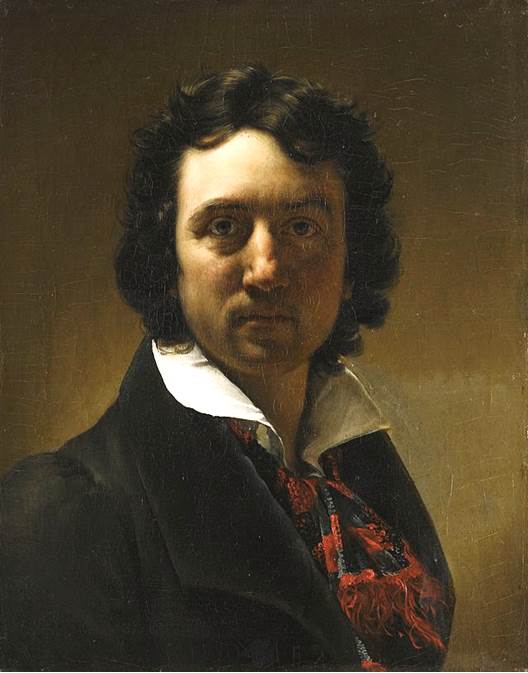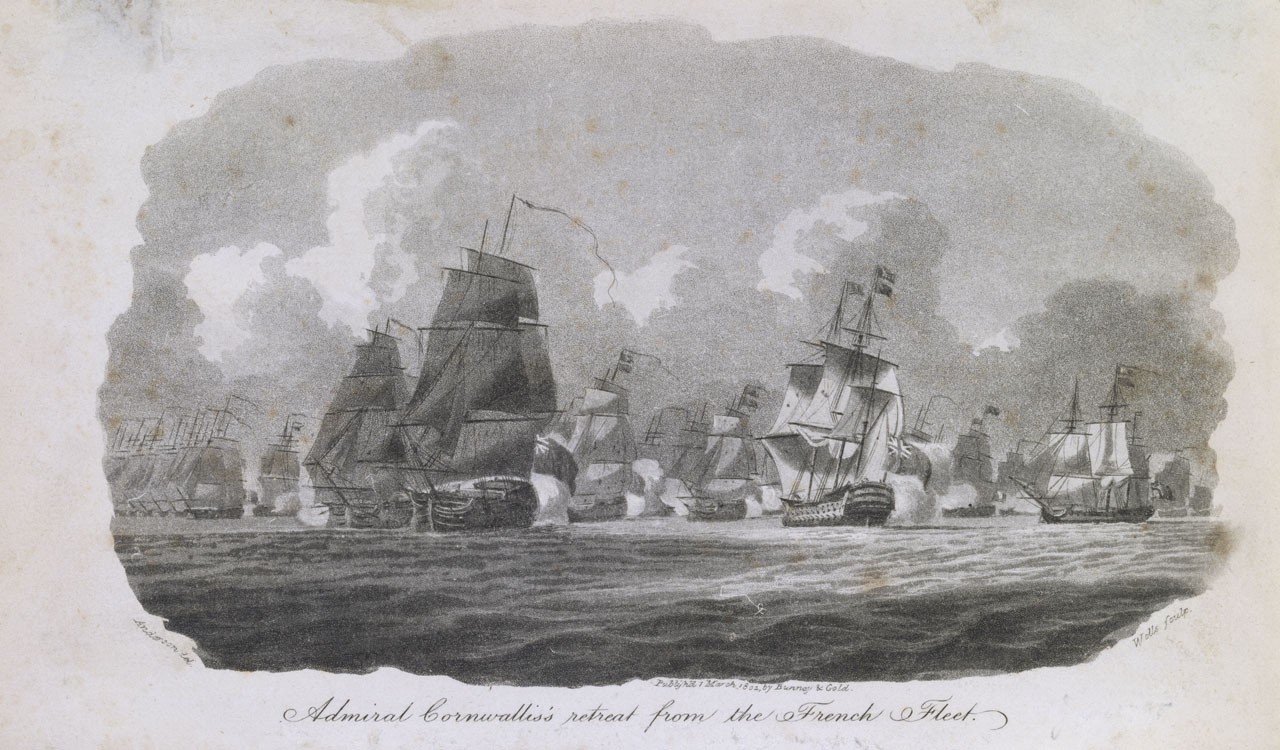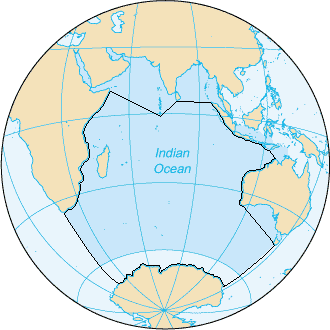|
Admiral Villaret De Joyeuse
Louis-Thomas Villaret de Joyeuse (29 May 1747Granier, p.87Some biographers give a date of 1750 (Levot, p.541). Granier quotes the registers of Sainte-Marie parish. – 24 July 1812Levot, p.544) was a French admiral. Villaret was born at Auch. After serving in the Indies under Suffren, he rose in rank during the early stages of the French Revolution. He was in command of the French fleet during the Glorious First of June, where despite being handed a heavy tactical defeat, he ensured the passage of a vital grain convoy to France. He led the French fleet during the disastrous Croisière du Grand Hiver and failed to prevent a British fleet from successfully retreating, with his last battle being a defeat off Groix. He was relieved when he refused to serve for the disastrous Expédition d'Irlande. Villaret was then elected at the Council of Five Hundred. He joined the Club de Clichy, a party promoting colonies and slavery, and harbouring Royalist sympathies. After the Coup o ... [...More Info...] [...Related Items...] OR: [Wikipedia] [Google] [Baidu] |
Jean-Baptiste Paulin Guérin
Jean-Baptiste Paulin Guérin (25 March 1783, in Toulon – 19 January 1855, in Paris) was a French portrait and history painter. Biography He was born into a working-class family that moved to Marseille when his father acquired a locksmithing business there in 1794. During his apprenticeship in that trade, he also studied drawing at a local school and displayed some talent for it. Soon, he was spending all of his free time painting. During this time he befriended another aspiring painter, Augustin Aubert, who he joined in Paris in 1802, financing the trip by selling works to a local Baron who was an amateur art enthusiast. After that point, he devoted himself exclusively to painting. For a short time, he was employed as an assistant to François Gérard while serving as an unpaid apprentice in the studios of François-André Vincent. In Gérard's studio, he prepared the canvases by painting clothing, drapery and miscellaneous items. Most of his earnings were sent home to help s ... [...More Info...] [...Related Items...] OR: [Wikipedia] [Google] [Baidu] |
Cornwallis's Retreat
Cornwallis's Retreat was a naval engagement during the French Revolutionary Wars in which a British Royal Navy squadron of five ships of the line and two frigates was attacked by a much larger French Navy fleet of 12 ships of the line and 11 frigates. The action took place in the waters off the west coast of Brittany on 16–17 June 1795 (28–29 Prairial an III of the French Republican Calendar). A British naval squadron under Vice-Admiral William Cornwallis began operating off Brittany on 7 June; in the following week he attacked a French merchant convoy and captured several ships. In response, Vice-admiral Villaret de Joyeuse led the main French fleet out of port to attack the British, who were spotted on 16 June. Heavily outnumbered, Cornwallis turned away from the French and attempted to escape into open water, with the French fleet in pursuit. After a full day's chase the British squadron lost speed, due to poorly loaded holds on two of their ships, and the French vanguard ... [...More Info...] [...Related Items...] OR: [Wikipedia] [Google] [Baidu] |
Pierre Andre De Suffren Saint Tropez
Pierre is a masculine given name. It is a French form of the name Peter. Pierre originally meant "rock" or "stone" in French (derived from the Greek word πέτρος (''petros'') meaning "stone, rock", via Latin "petra"). It is a translation of Aramaic כיפא (''Kefa),'' the nickname Jesus gave to apostle Simon Bar-Jona, referred in English as Saint Peter. Pierre is also found as a surname. People with the given name * Abbé Pierre, Henri Marie Joseph Grouès (1912–2007), French Catholic priest who founded the Emmaus Movement * Monsieur Pierre, Pierre Jean Philippe Zurcher-Margolle (c. 1890–1963), French ballroom dancer and dance teacher * Pierre (footballer), Lucas Pierre Santos Oliveira (born 1982), Brazilian footballer * Pierre, Baron of Beauvau (c. 1380–1453) * Pierre, Duke of Penthièvre (1845–1919) * Pierre, marquis de Fayet (died 1737), French naval commander and Governor General of Saint-Domingue * Prince Pierre, Duke of Valentinois (1895–1964), father ... [...More Info...] [...Related Items...] OR: [Wikipedia] [Google] [Baidu] |
French Ship Pulvérisateur (1781)
''Salomon'' was merchantman built in Nantes that the French Royal Navy purchased and commissioned as a fluyt. In 1781, she was reclassified as a fireship and renamed ''Pulvérisateur'', and served in the Indian Ocean in Suffren's squadron under capitaine de brûlot Villaret de Joyeuse. Career In August 1762, the French Navy purchased ''Salomon'' in Nantes. On 14 April, she arrived in Rochefort under Deschenais. In 1764, she was under Chevalier Charles de Pradel de Lamaze, who died aboard on 11 July 1764. From August 1767 she was used as a gunnery school at Ile d'Aix, before being loaned as a merchantman from 1768, first to private individuals, and then to the Compagnie de Cayenne in April 1770. In 1771, she underwent a refit in Rochefort. She was in Martinique in 1773 under Gilart de Larchantel. ''Salomon'' was sold in 1779. In August 1781, she was in India when the French Navy repurchased her. In October, she became the fireship ''Pulvérisateur'' under capitaine de brûlot Vi ... [...More Info...] [...Related Items...] OR: [Wikipedia] [Google] [Baidu] |
Capitaine De Brûlot , a French naval rank
{{disambiguation, fish ...
Capitaine, derived from the French for Captain, may also refer to: * Hogfish (''Lachnolaimus maximus''), an edible marine fish in the family Labridae, found in the western Atlantic * Nile perch (''Lates niloticus''), a freshwater fish in the family Centropomidae, important as food in much of Africa * USS ''Capitaine'' (SS-336), a ''Balao'' class submarine of the United States Navy See also * Capitaine de vaisseau Captain is the name most often given in English-speaking navies to the rank corresponding to command of the largest ships. The rank is equal to the army rank of colonel and air force rank of group captain. Equivalent ranks worldwide includ ... [...More Info...] [...Related Items...] OR: [Wikipedia] [Google] [Baidu] |
Guillaume De Bellecombe
Guillaume Léonard de Bellecombe (20 February 1728 – 28 February 1792) was Governor General of Réunion, Saint-Domingue and Pondichéry, and a Republican revolutionary. According to most accounts he was born in 1728 in France. Bellecombe engaged to Royal Roussillon and took part in French military expeditions overseas of the 2nd part of the 18th century. He had his last battles in New France (1755–1760) and a surprise expedition at St. John's, Newfoundland in 1762. He opposed the English everywhere, whether on the seas, or in the American continent, or in the Indies. He was Governor of Saint-Domingue at the end of his career (1781–1785). The Bellecombe helped start the revolution of the slaves which broke out soon in 1791. This event led to the creation of the Republic of Haiti in 1804. Bellecombe retired to France in 1792 and died in the same year. Stages of life Bellecomb was born February 20, 1728, in the hamlet of “Bellecombe”, in the commune of Pervi ... [...More Info...] [...Related Items...] OR: [Wikipedia] [Google] [Baidu] |
Indian Ocean
The Indian Ocean is the third-largest of the world's five oceanic divisions, covering or ~19.8% of the water on Earth's surface. It is bounded by Asia to the north, Africa to the west and Australia to the east. To the south it is bounded by the Southern Ocean or Antarctica, depending on the definition in use. Along its core, the Indian Ocean has some large marginal or regional seas such as the Arabian Sea, Laccadive Sea, Bay of Bengal, and Andaman Sea. Etymology The Indian Ocean has been known by its present name since at least 1515 when the Latin form ''Oceanus Orientalis Indicus'' ("Indian Eastern Ocean") is attested, named after Indian subcontinent, India, which projects into it. It was earlier known as the ''Eastern Ocean'', a term that was still in use during the mid-18th century (see map), as opposed to the ''Western Ocean'' (Atlantic Ocean, Atlantic) before the Pacific Ocean, Pacific was surmised. Conversely, Ming treasure voyages, Chinese explorers in the Indian Oce ... [...More Info...] [...Related Items...] OR: [Wikipedia] [Google] [Baidu] |
French Frigate Atalante (1768)
French (french: français(e), link=no) may refer to: * Something of, from, or related to France ** French language, which originated in France, and its various dialects and accents ** French people, a nation and ethnic group identified with France ** French cuisine, cooking traditions and practices Fortnite French places Arts and media * The French (band), a British rock band * "French" (episode), a live-action episode of ''The Super Mario Bros. Super Show!'' * ''Française'' (film), 2008 * French Stewart (born 1964), American actor Other uses * French (surname), a surname (including a list of people with the name) * French (tunic), a particular type of military jacket or tunic used in the Russian Empire and Soviet Union * French's, an American brand of mustard condiment * French catheter scale, a unit of measurement of diameter * French Defence, a chess opening * French kiss, a type of kiss involving the tongue See also * France (other) * Franch, a surname * French ... [...More Info...] [...Related Items...] OR: [Wikipedia] [Google] [Baidu] |
Gascony
Gascony (; french: Gascogne ; oc, Gasconha ; eu, Gaskoinia) was a province of the southwestern Kingdom of France that succeeded the Duchy of Gascony (602–1453). From the 17th century until the French Revolution (1789–1799), it was part of the combined Province of Guyenne and Gascony. The region is vaguely defined, and the distinction between Guyenne and Gascony is unclear; by some they are seen to overlap, while others consider Gascony a part of Guyenne. Most definitions put Gascony east and south of Bordeaux. It is currently divided between the region of Nouvelle-Aquitaine (departments of Landes, Pyrénées-Atlantiques, southwestern Gironde, and southern Lot-et-Garonne) and the region of Occitanie (departments of Gers, Hautes-Pyrénées, southwestern Tarn-et-Garonne, and western Haute-Garonne). Gascony was historically inhabited by Basque-related people who appear to have spoken a language similar to Basque. The name Gascony comes from the same root as the word Basq ... [...More Info...] [...Related Items...] OR: [Wikipedia] [Google] [Baidu] |
Charles-Henri Bertin
Louis-Charles-Henri Bertin (September 15, 1752 – April 26, 1822) was a French civil official who served as the first Colonial Prefect of Martinique and St. Lucia. Biography Bertin was born in Louisbourg, Île-Royale (modern Cape Breton), in 1752 to Louis Bertin, a surgeon, and Marie-Anne Bertrand. Following France's loss of Louisbourg to the English, the Bertin family removed to Rochefort, France. As an adult, Bertin served as a senior civil servant in the Ministry of the Navy, which was charged with overseeing mercantile shipping, naval operations, and overseas colonies. Around 1792, Bertin served as a commissaire-ordonnateur for French naval forces in the Mediterranean, notably in 1793 aboard the Tonnant. By 1798, he had risen to the chief civilian officer for the Port of Bordeaux, before being transferred on July 12, 1798, to the Port of Toulon. Bertin next served as the first maritime prefect for Le Havre from July 1800 to May 1801. At the port, he focused on construc ... [...More Info...] [...Related Items...] OR: [Wikipedia] [Google] [Baidu] |
Coup Of 18 Fructidor
The Coup of 18 Fructidor, Year V (4 September 1797 in the French Republican Calendar), was a seizure of power in France by members of the Directory, the government of the French First Republic, with support from the French military. The coup was provoked by the results of elections held months earlier, which had given the majority of seats in the country's Corps législatif (Legislative body) to royalist candidates, threatening a restoration of the monarchy and a return to the ancien régime. Three of the five members of the Directory, Paul Barras, Jean-François Rewbell and Louis Marie de La Révellière-Lépeaux, with support of foreign minister Charles Maurice de Talleyrand-Périgord,Bernard, pp. 193–194. staged the coup d'état that annulled many of the previous election's results and ousted the monarchists from the legislature. History Royalist candidates had gained 87 seats in the 1795 elections, where a third of the seats were at stake. A reversal of the majority in fa ... [...More Info...] [...Related Items...] OR: [Wikipedia] [Google] [Baidu] |
Club De Clichy
The Clichy Club (french: Club de Clichy) was a political group active during the French Revolution from 1794 to 1797. History During the French Revolution, the Clichy Club formed in 1794 following the fall of Maximilien Robespierre, 9 Thermidor an II (27 July 1794). The political club that came to be called the Clichyens met in rooms in the rue de Clichy, which led west towards the fashionable Parisian suburb of Clichy. The club was initially constituted around the dismissed deputés of the National Convention, most of whom had been imprisoned during the Reign of Terror. Under the French Directorate, they began to play an increasingly important role on the political right, embracing moderatism republicans and monarchists, namely those who still believed that in a constitutional monarchy based in part on the British model lay the best future for France. The main Clichyens were François Antoine de Boissy d'Anglas, Jean-Charles Pichegru and Camille Jordan. Among other members ... [...More Info...] [...Related Items...] OR: [Wikipedia] [Google] [Baidu] |




